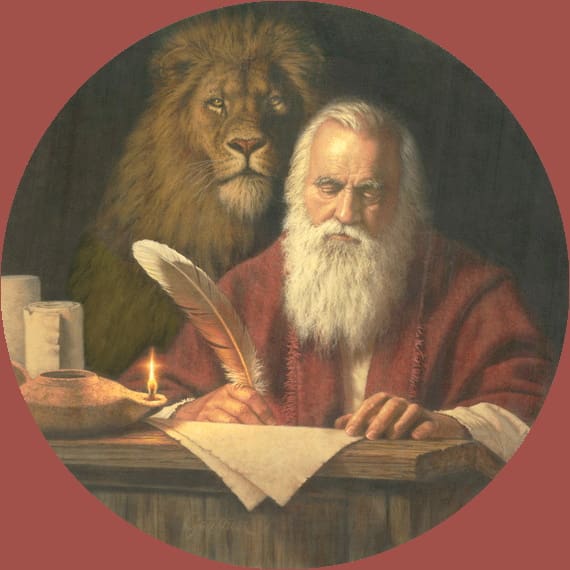Today we celebrate the Feast of the Presentation. St. Peter’s Basilica in Rome will be filled this evening with religious and consecrated men and woman of all shapes, sizes, colors, habits, and nationalities, each bearing a candle in procession. They carry the candles to symbolize that Christ, the light of the world, has come into the temple. The feast of the Presentation commemorates Christ coming into the temple for the first time. That is why sometimes this feast is called Candlemas.
Today’s First Reading describes the coming of the Lord to the temple as a searing, blinding light, like a hot fire that purified a precious metal of any impurities. Simeon calls the infant Jesus as he comes to the Temple in the Gospel today, “a light for revelation to the Gentiles, and glory for your people Israel”—the light is for everyone. It is not a physical light, or everyone would have had the same reaction: it is a spiritual and moral light. The widow Anna is described as a prophetess. That meant she was recognized as someone through whom the Spirit of the Lord would speak. Simeon too had the “Holy Spirit” upon him, which led him to the temple to see Jesus when he came in, in answer to a promise the Holy Spirit had made to him that he would not die before seeing the Savior.
In the dark of night, when you shine a spotlight on someone or something, it is set apart, it stands out. As the Gospel today reminds us, Jesus was taken to the Temple to be consecrated to the Lord. This would happen forty days after birth, which is why today is the last little spark of Christmas until next December. First born sons were always considered a special property of God, and enjoyed a special favor and protection as well. In this instance, for spiritually sensitive souls, Jesus was the spotlight, and they were blinded by his glory. The Holy Spirit told them where to direct their gaze, and when Christ came into the Temple it was like having spent all your life in a cave and coming out into the sunlight for the first time.
Anna, Simeon, Mary, and Joseph were the forerunners of everyone coming out of that cave. St. John described Jesus at the start of his Gospel as the true light that enlightens every man coming into the world. In the Vatican II document Gaudium et Spes, we see what kind of light this is: “The truth is that only in the mystery of the incarnate Word does the mystery of man take on light. For Adam, the first man, was a figure of Him Who was to come, namely Christ the Lord. Christ, the final Adam, by the revelation of the mystery of the Father and His love, fully reveals man to man himself and makes his supreme calling clear” (GS 22). St. John Paul II quoted this number of Gaudium et Spes innumerable times in his pontificate. Christ reveals man to man himself. That’s why some see him as a light by which they change their lives, and others, like St. John the Evangelist tells us in another passage, prefer the darkness because their deeds are evil: they don’t want to come out of the cave of their lives.
On this feast day we also celebrate the World Day for Consecrated Life. Each one of us received a consecration on the day of our baptism. After our baptism we received a candle with the words, “receive the light of Christ.” As consecrated every baptized Christian is set apart for a divine purpose. Not just the religious or consecrated men and women. We all bear the light of Christ, so that others can see Christ through us. We must bring the light of Christ to others. The Holy Spirit guides each of us in our circumstances and history to see what path and form our consecration should take: consecrated life, married life, etc. He shows us the divine purpose for which we are set apart.
When we follow those promptings of the Holy Spirit, take the path he invites us to walk, we draw closer to the light of Christ. Sometimes we think Revelation is just something that happens to those in the Bible, but revelation happens every day in our hearts, and sometimes those revelations are big. They may only seem big to us, but they make us see everything in a new light. The expression “the difference between night and day” comes to fruition in a circumstance, a moment of prayer, a chance encounter. The Holy Spirit is active through everyone God has set apart, whether at baptism, in the lay life, or in the consecrated life, and, like Anna and Simeon, when we are led to the light of Christ, we cannot keep silent. We have to share it with others.
Let’s thank Our Lord for being the light of our lives. Let’s ask the Holy Spirit to help us keep looking in Christ’s direction and illuminating our lives, and let’s resolve to be that light of Christ for others as well.
Readings: Malachi 3:1–4; Psalm 24:7–10; Hebrews 2:14–18; Luke 2:22–40. See also Christmas Octave, 5th Day and 6th day, and Our Lady of Sorrows.


